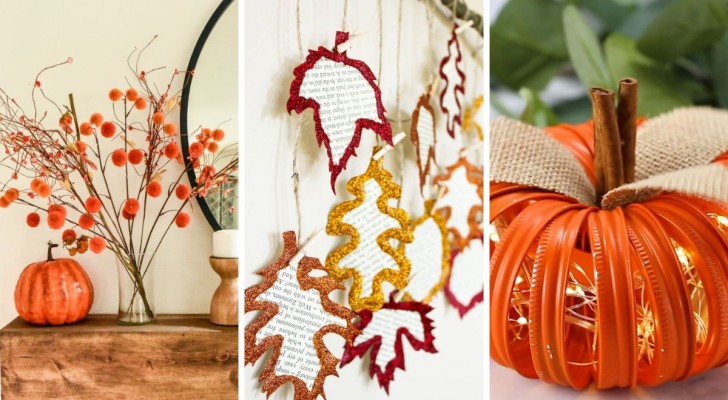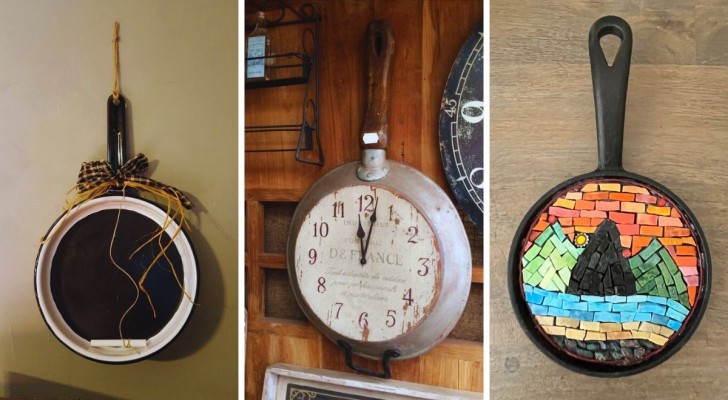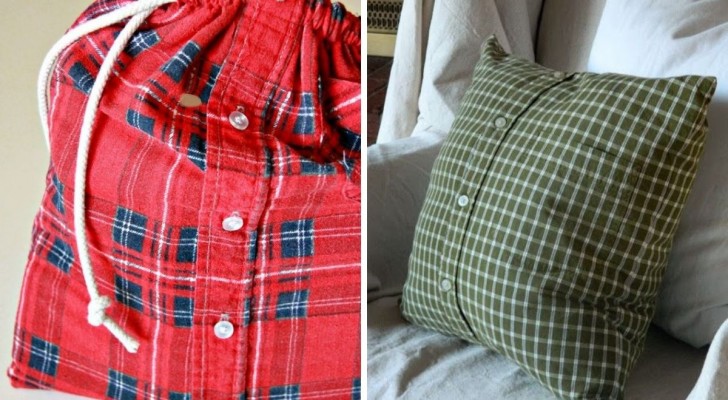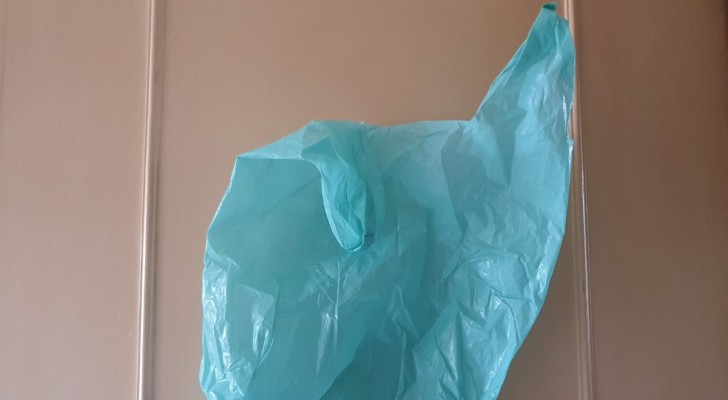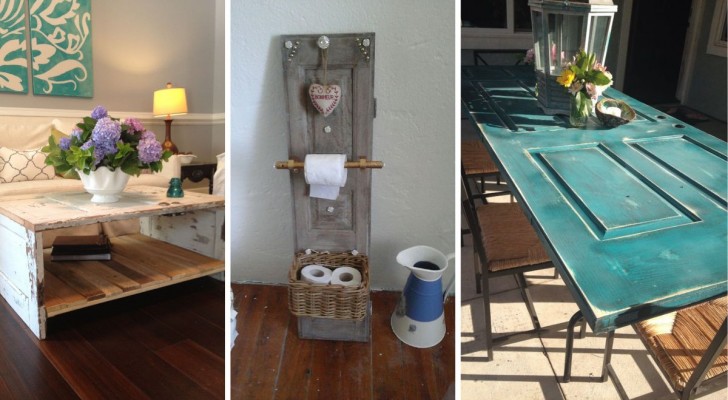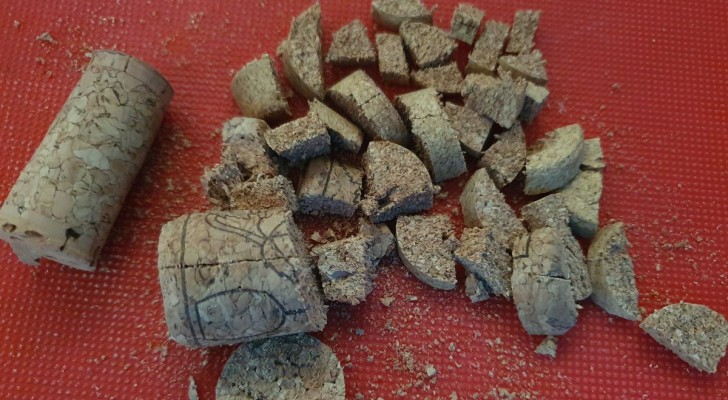No need to buy these products: 8 everyday consumables you can make at home
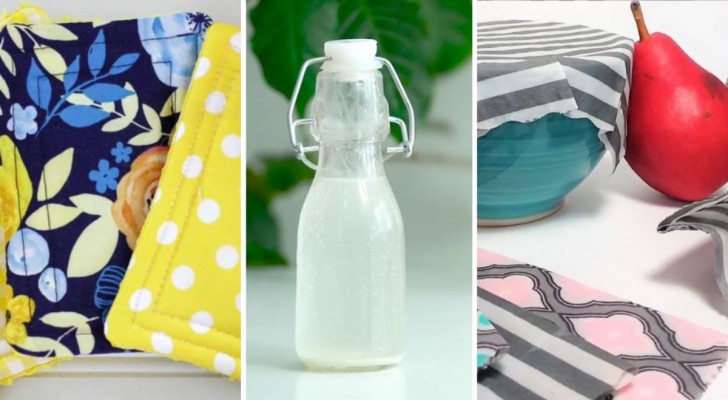
We are so used to buying everything we need in shops, that nowadays we never ourselves if we could make something ourselves and save money. Many disposable products, however, can be made at home in just a few minutes and last much longer than their commercial equivalents - along with benefits for our wallets and the environment.
So how about not automatically rushing off to the the shops the next time you need something? Perhaps you can make whatever it is yourself! Below, we suggest 8 products that you could make yourself at home.
1. Dishwashing sponges
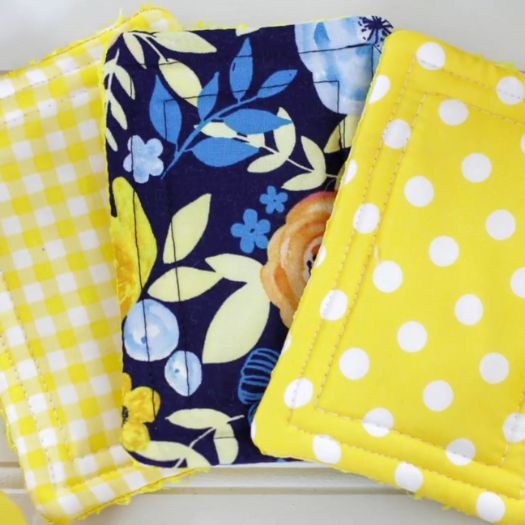
Dishwashing sponges are the dirtiest objects in the home and should be changed at least once a week. To avoid this weekly expense, we can replace sponges with brushes - which are more hygienic because they dry faster and are less prone to becoming a breeding ground for germs. Or we can use some other washable materials as a sponge.
There are many objects that you can recycle in this way: old sweaters, socks, towels, flannel sheets, burlap, coconut fibers, net fruit bags, etc. Moreover, they are easy to make: just cut out some rectangles in the fabric and sew them together. Practical, easy and fast! Use them like normal disposable sponges, washing them every week.
2. Make-up remover pads
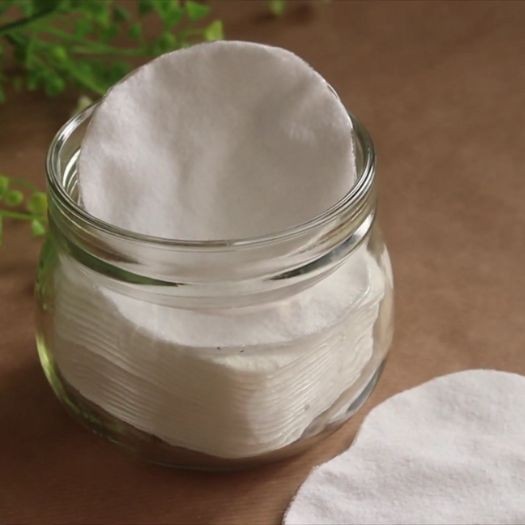
Make-up remover pads are very useful for our facial skin care. If we wear make-up every day, we will certainly be forced to buy packs of make-up remover pads on a regular basis. So, making them at home will save us a lot of money.
To make these, recycle a soft material (like that of an old T-shirt or flannel sheet or - if you want an exfoliating action - a soft towel). The important thing is that the fabric is 100% cotton and that it is soft. You will also need pins, a sewing machine or glue for securing the fabric.
3. Saran wrap
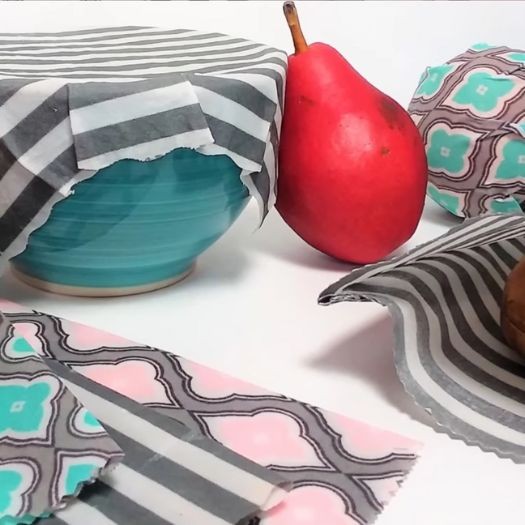
thefrugalcrafter Lindsay Weirich/YouTube
Saran wrap is our first choice when it comes to covering and protecting our foodstuffs. However, this product - in addition to releasing potentially harmful compounds into our food if not used correctly - is a product that is difficult to recycle and not very eco-friendly.
For anything you can't cover by simply placing it in a container, there is a natural alternative for saran wrap. To make it, you only need some cotton fabric (perhaps from an old T-shirt), beeswax and an iron. You can reuse this DIY product simply by rinsing it with warm water and a neutral soap.
4. Mouthwash
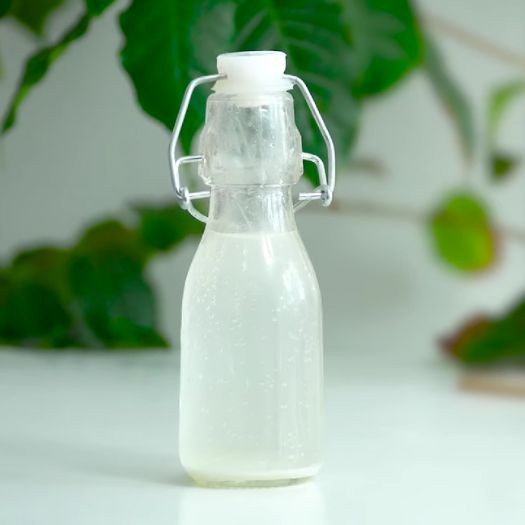
Using mouthwash is a fundamental part in our daily oral hygiene routine, but are we really sure about the ingredients in commercial mouthwashes? Save a lot by making a DIY mouthwash at home using a few simple ingredients: bicarbonate, essential oils and spices are great for oral hygiene: just dilute them in water to create a perfectly natural mouthwash.
5. Breadcrumbs
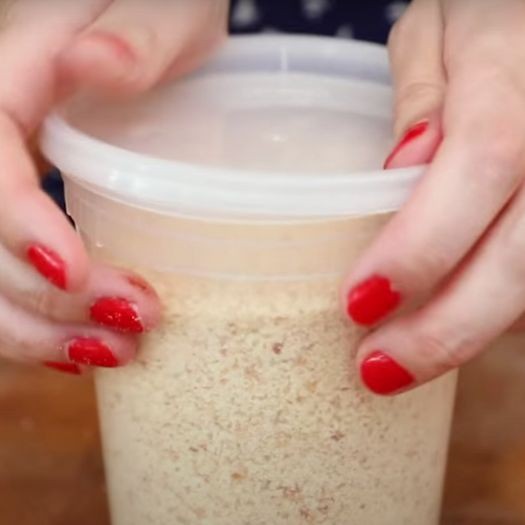
Certainly, you will have seen your mother or grandmother put stale bread in a blender and reduce to crumbs which they then used to bread certain dishes. This is a way to recycle stale bread which otherwise would destined for the trash.
You can use any type of bread for this purpose and it will take you just a few minutes to whizz it up in the food processor - even children can have fun by giving you a hand!
6. Absorbent paper towels
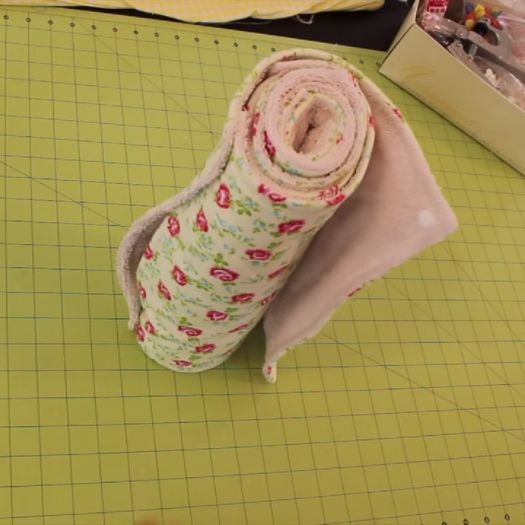
Absorbant paper towel rolls are a staple in our kitchens and are used in a thousand different ways, as are paper napkins. For this reason, they can be a significant expense. You can save money by using cloth napkins instead of paper ones for the table. For all other uses, you can make a roll of towels by recycling old clothes and garments.
7. Sanitary pads
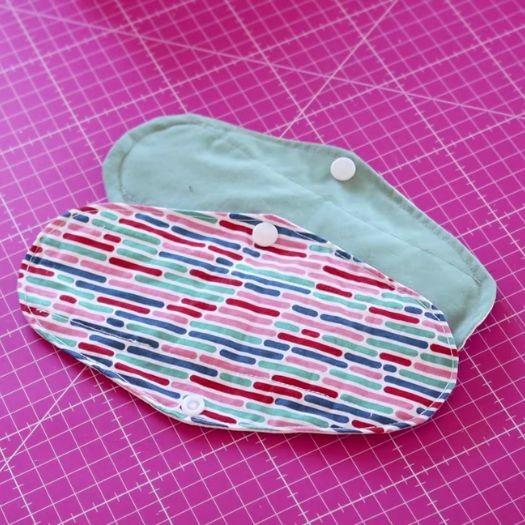
Sanitary pads and panty liners are a significant expense in the monthly budget. As well as being non-recyclable products, they generate mounds of waste. These commercial products also contain numerous chemical compounds, which could irritate the skin. You can easily make more natural alternatives that are friendly to your skin and the environment by simply using natural fabrics and a sewing machine. Your skin, your wallet and the environment will thank you!
8. Pet food
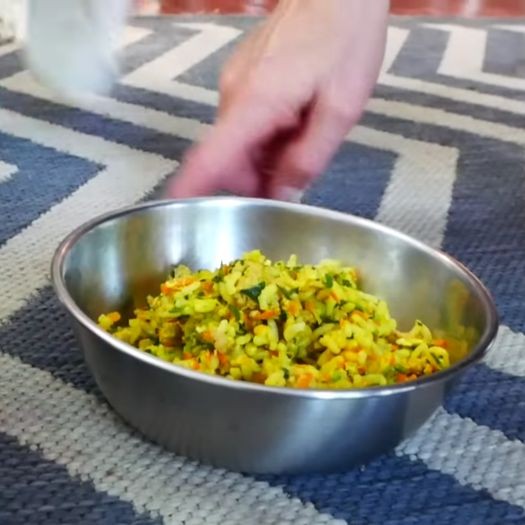
Our pets are part of our families and are often treated just like children. So, what about their food? Commercial products for pets - in addition to being artificial and potentially containing harmful ingredients - are often very expensive. Natural, homemade alternatives are a way not only to pamper our pets, but also to save money. You just need to pay attention to the foods that your animals cannot eat: a quick search on the web will give you a list of the most suitable recipes for your pets.
Are you ready to try these money-saving alternatives?
